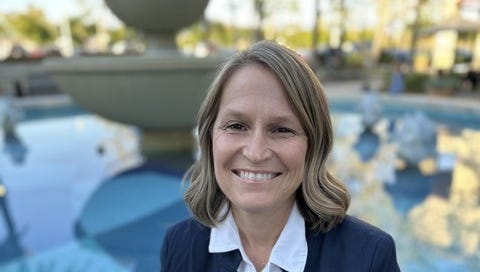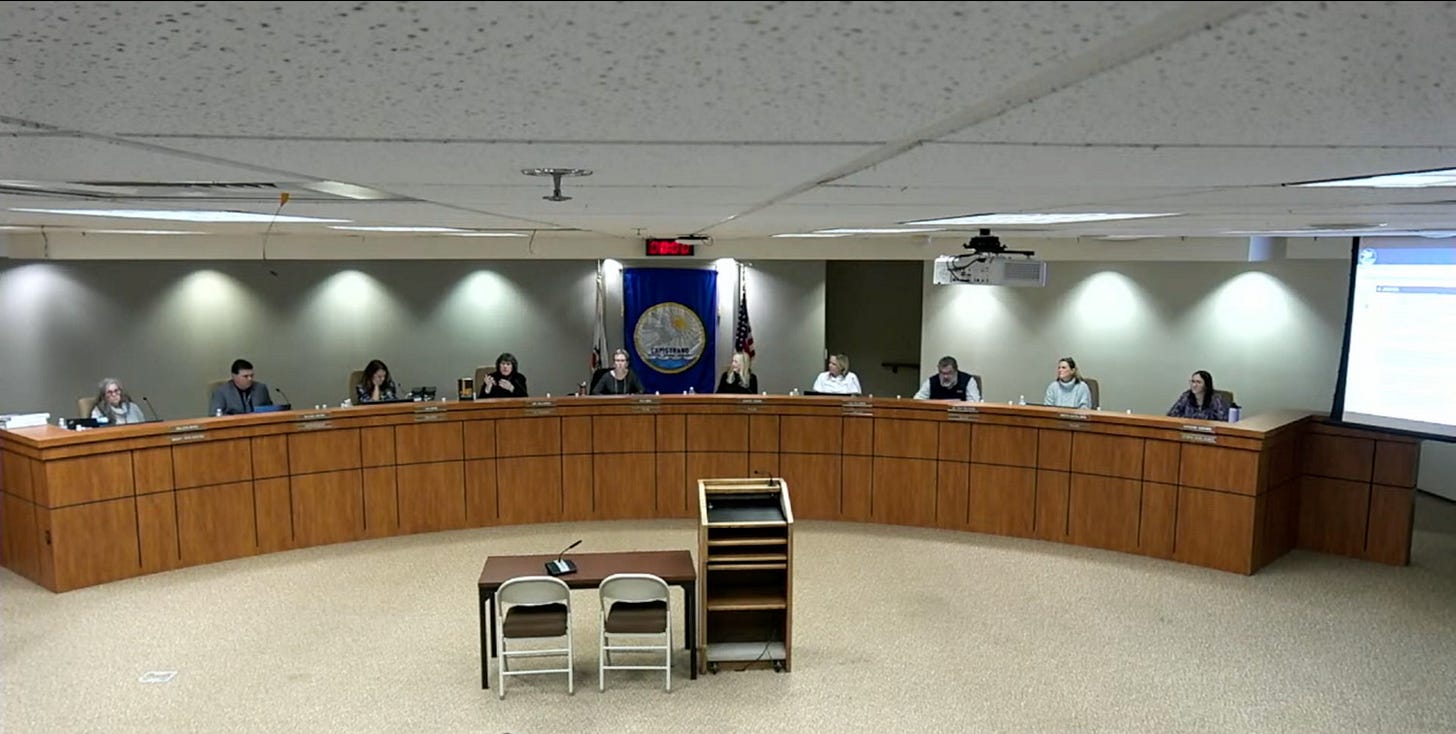Watching the replay of the April 23rd Capistrano Unified School District board meeting on YouTube, I found myself stunned—not by the gravity of a past offense, but by the moral gymnastics of the present. One by one, speakers came to the podium, some with practiced indignation, others cloaked in righteous civility, calling for Trustee Krista Castellanos to resign. Their reason? She was being “divisive.”
Divisive. It’s a word that can wear many masks: inflammatory, polarizing, unsettling. But in this context, its use was not just wrong—it was deeply ironic. Because what Castellanos did was not divisive. What she did was decent.
Let us be clear about the sequence of events. On March 12, during a public meeting, another trustee—Judy Bullockus—used a racial slur while discussing a novel written from the perspective of an enslaved man. The word she used is among the most hateful in the English language, a term with roots in slavery, dehumanization, and centuries of racial violence. Whether she used it “in context” or “as part of a quote” is irrelevant.
In 2025, in a public forum, in front of students and families, a trustee used a word that should never be uttered in a school setting.
Board Member Bullockus spoke in support of teaching the book James by Percival Everett to advanced 11th grade English students after it was recommended by the district’s Instructional Materials Review Committee.
“It just shows him, not as just some dumb n***** but a very smart, compassionate real person,”
-Judy Bullockus
She apologized publicly. It was a bad. She knew it.
A minority of the community was really offended and shocked.
So Trustee Castellanos did what any person of conscience should have done. She condemned it. She said it had no place in the boardroom, in the district, or in the community. And she didn’t stop at words. She called for swift and formal action—an emergency meeting to consider censure. She did not let the moment pass into a haze of forgetfulness and excuse-making. She held a mirror to the district’s values and demanded we look.
For this, she was labeled divisive.
But let’s interrogate what “divisive” really means here. To some, apparently, it means refusing to let racism go unchallenged. It means advocating for students who heard that word and felt the sharp sting of history pierce the present. It means insisting that our schools be sanctuaries for dignity, not platforms for ignorance. If that is divisive, then perhaps we need more division—not less. Not the kind that fractures communities, but the kind that draws a moral line between what we stand for and what we will no longer tolerate.
It is not Krista Castellanos who divided their community. It was divided long before that meeting—divided by race, by silence, by who gets the benefit of the doubt and who gets the burden of proof. Castellanos merely named the wound and refused to pretend it wasn't bleeding.
What is truly immoral is the backlash against her condemnation. It is the people who twisted her integrity into an accusation, who tried to make a villain out of a woman who cares out loud. It is the cowardice of those who would rather smooth things over than face uncomfortable truths.
Watching that board meeting was a reminder that the hardest part of doing the right thing is not the act itself. It is standing firm when the world gaslights you for doing it.
Krista Castellanos should not resign. She should be applauded. Because in a time when far too many leaders stay quiet for fear of ruffling feathers, she spoke with clarity and conviction for the sake of students, schools, and our shared humanity.
P. S. The board voted NOT to discuss possible censure of Judy Bullockus at their next meeting.





